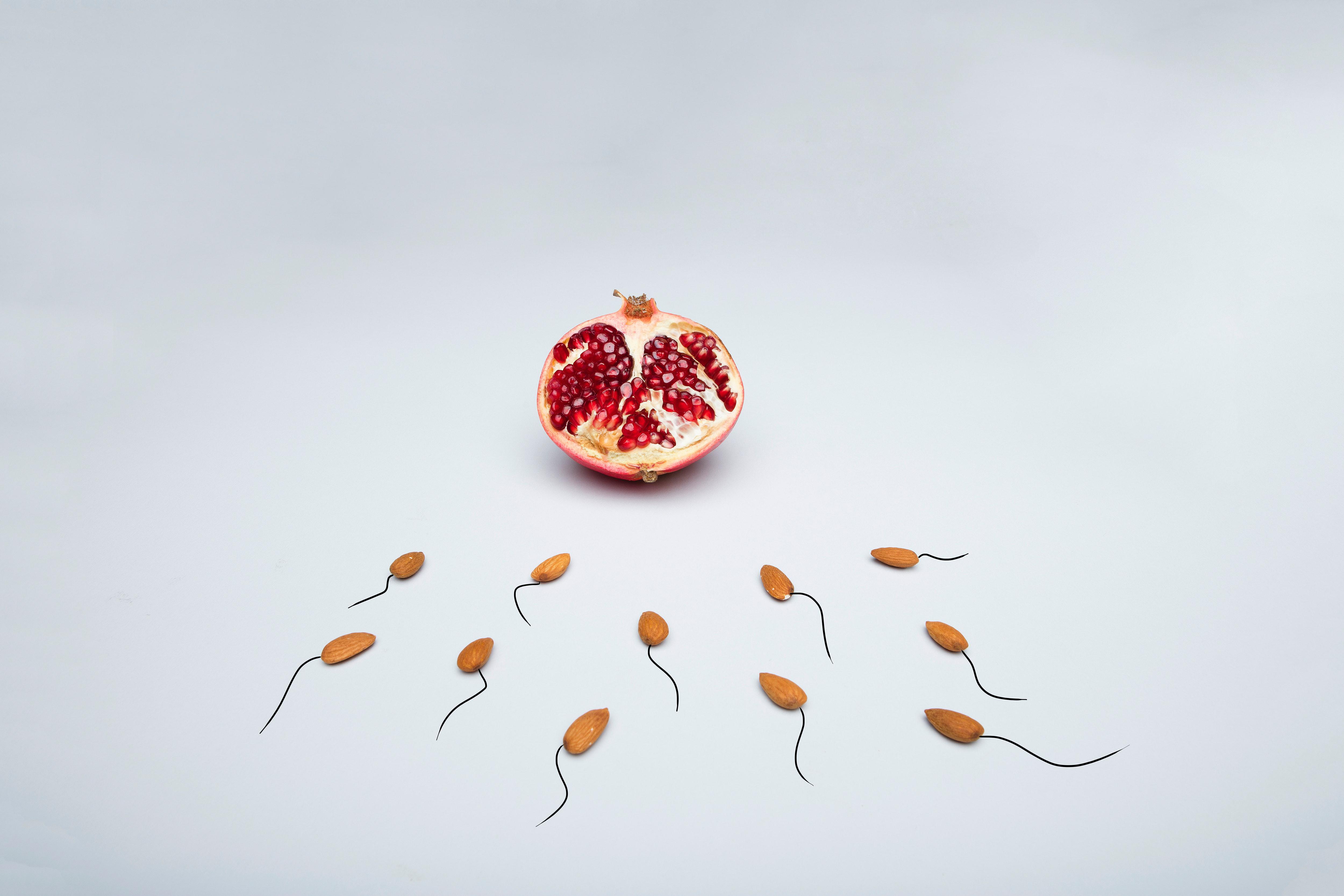Scotty Hendricks
Contributing Writer
Scotty Hendricks is a graduate student and long-time contributor to Big Think. He resides in Chicago.

Biomedical science assumes that people want to live as long as possible. They don’t.
Two-thirds of romances start out as friendships.
One man studied apes for 50 years. He says nature isn’t as cruel as you think.
Psychedelics have been shown to help reduce depression. This study may show us why.
We eat 50 billion chickens every year. Is there a better way?
Discovering fossilized insects is difficult, but a new find suggests a unique place to look.
Most schools use a semester system, but a new study suggests that they should switch to quarters.
The skeleton of the world’s oldest known shark attack victim exhibits telltale wounds.
Can a war be won from the air? A group of renegade pilots in the 1930s thought so.
When the mutual relatives of two royal families died, the countries were likelier to go to war.
A virtuous diet isn’t strictly vegan.
As air pollution increases, so does violent crime.
How one startup plans to use “death rays” for good instead of evil.
Dealing with rudeness can nudge you toward cognitive errors.
The Black Death wasn’t the only plague in the 1300s.
A new study suggests that reports of the impending infertility of the human male are greatly exaggerated.
Information economics suggests that “no news” means somebody is hiding something. But people are bad at noticing that.
A lithium imbalance appears linked to suicide.
Life finds a way — in this case, by smelling like death.
Dreams are weird. According to a new theory, that’s what makes them useful.
Ever lose track of time while doing something? It gets worse with a VR headset on.
The way you speak might reveal a lot about you, such as your willingness to engage in casual sex.
As bad as this sounds, a new essay suggests that we live in a surprisingly egalitarian age.
Our love-hate relationship with browser tabs drives all of us crazy. There is a solution.
A new study suggests that private prisons hold prisoners for a longer period of time, wasting the cost savings that private prisons are supposed to provide over public ones.
Dunbar’s number is a popular estimate for the maximum size of social groups. But new research suggests that it’s a fictitious number based on flimsy data and bad theory.
New research suggests that there is no “typical” form of Alzheimer’s disease, as the condition can manifest in at least four different ways.





























